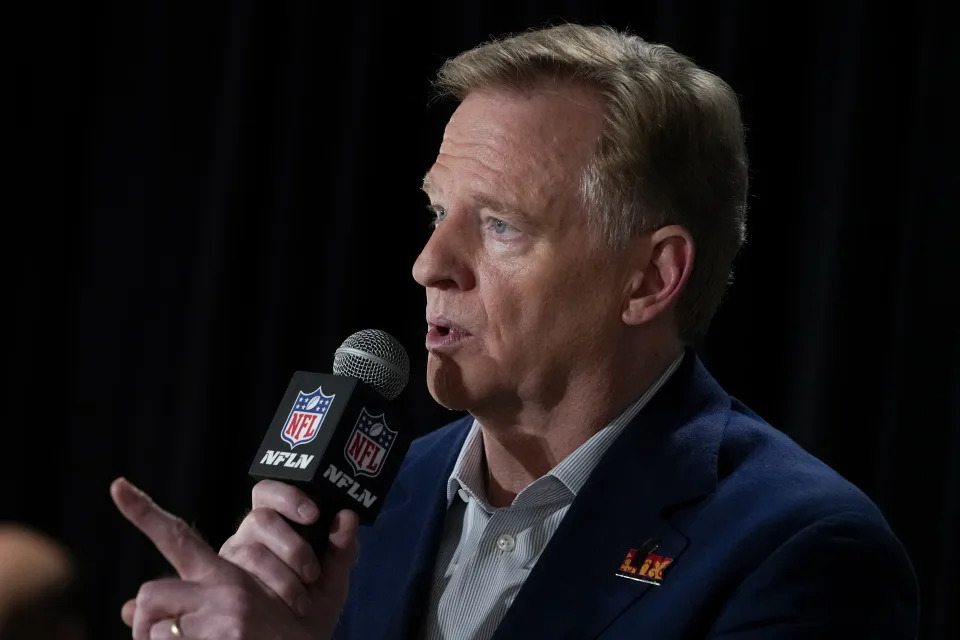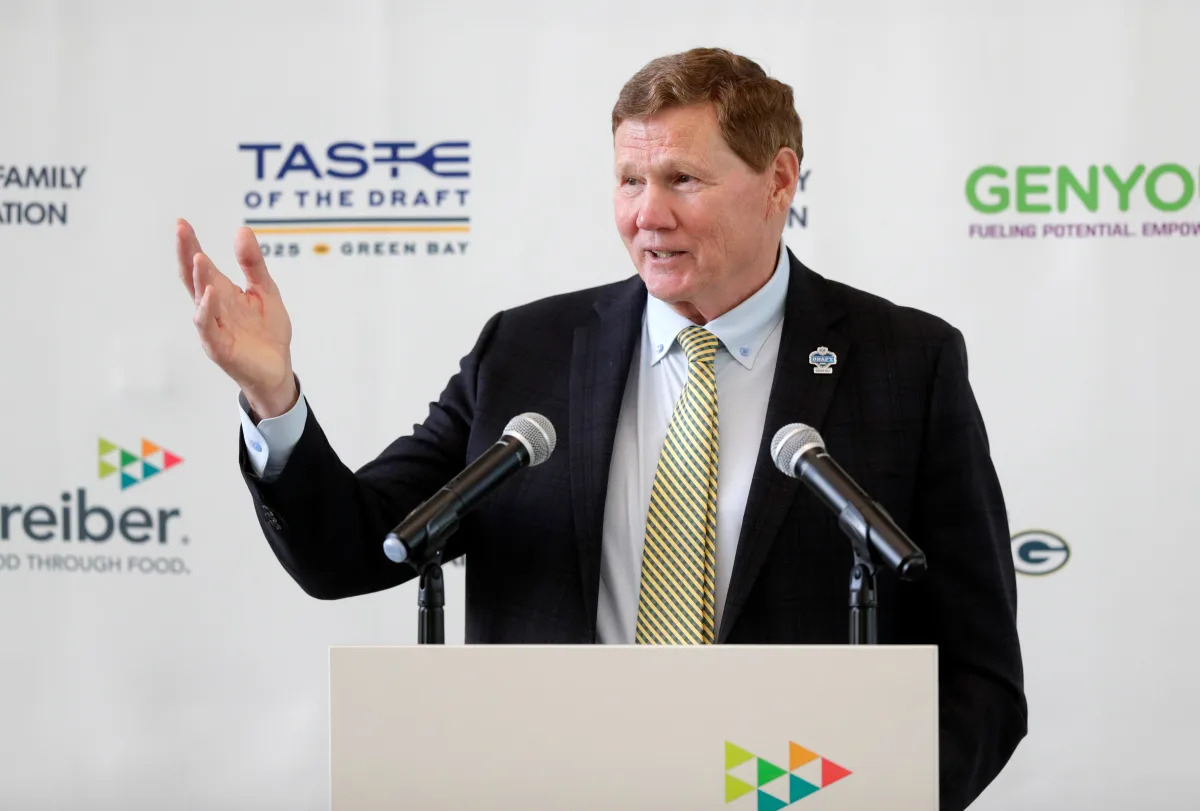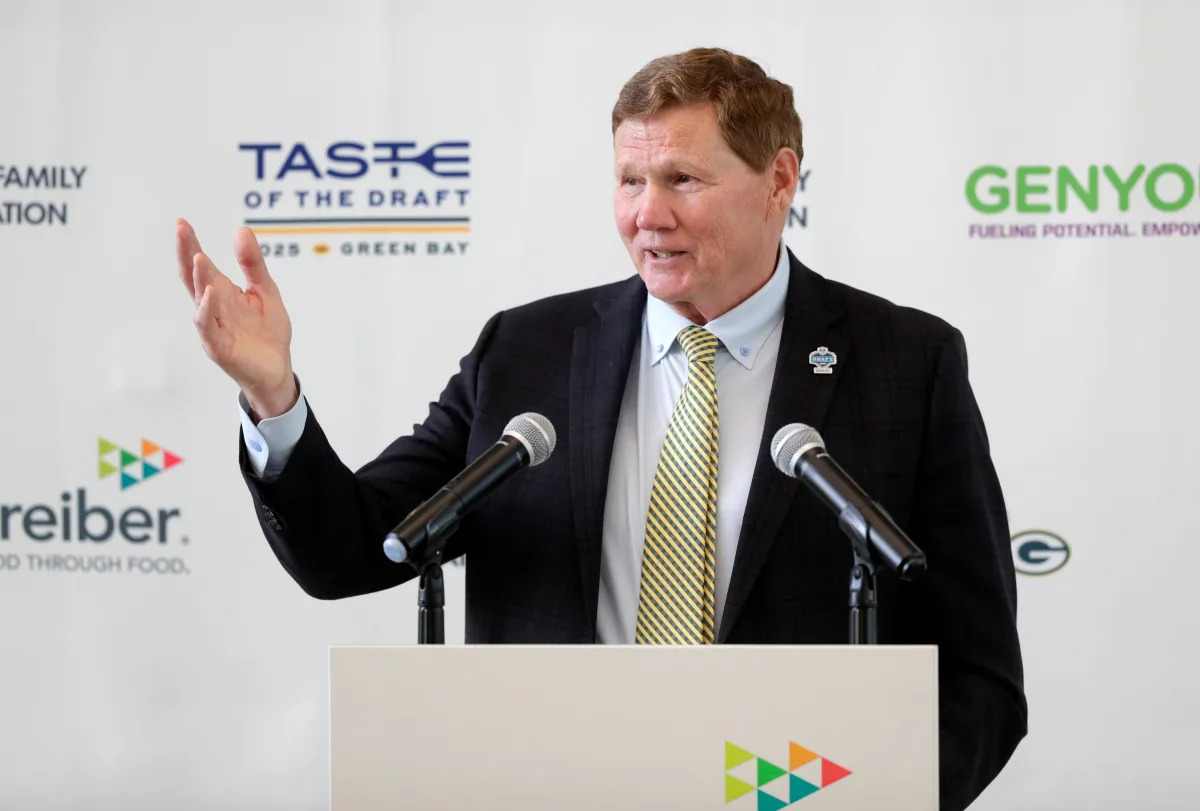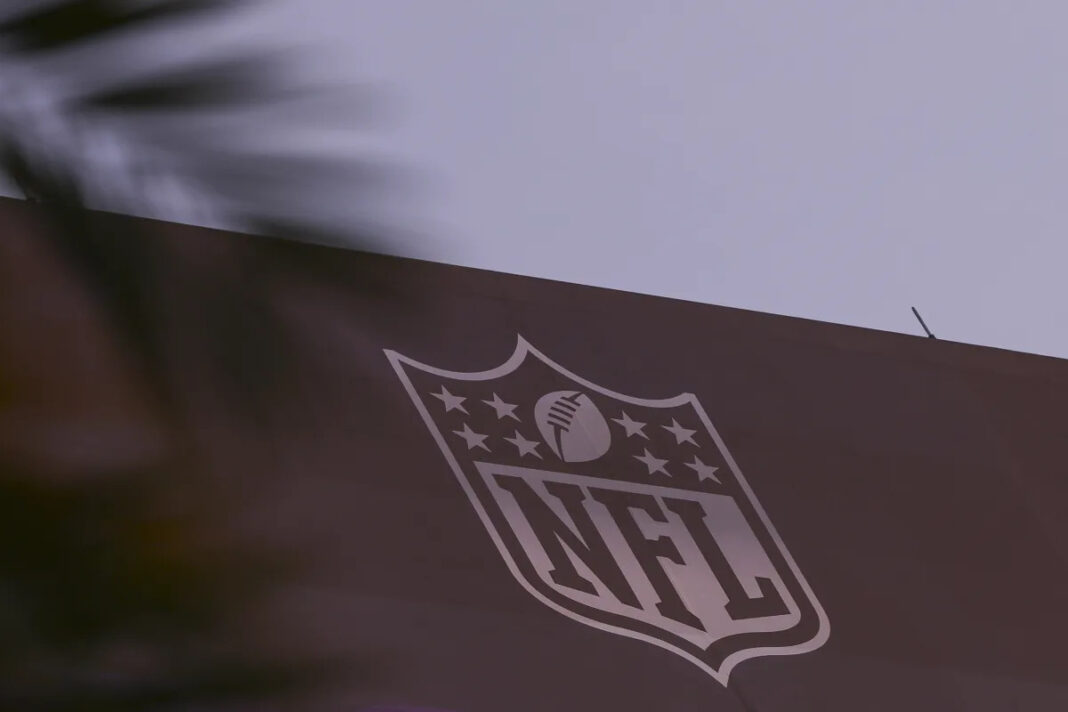As the lights dim in the packed stadium and the roar of the crowd subsides, one question lingers on the minds of sports fans and social justice advocates alike: what role will the National Football League (NFL) play in promoting diversity, equity, and inclusion (DEI) in 2025? Following the tumultuous presidency of Donald Trump, where DEI initiatives were largely abandoned in favor of a divisive, “America First” agenda, many had wondered if the NFL would follow suit. However, sources close to the league have revealed that the NFL will continue to prioritize DEI efforts, bucking the trend set by the Trump White House. But what does this decision mean for the future of the league, and how will it shape the way we think about sports, identity, and social justice? As the stage is set for Super Bowl 2025, one thing is clear: the NFL is taking a bold stance, one that will have far-reaching implications for the sport and its fans.
NFL’s Commitment to DEI Initiatives Amidst Wider Corporate Trend

The National Football League (NFL) has reaffirmed its commitment to diversity, equity, and inclusion (DEI) initiatives, bucking the trend of corporations stripping away such efforts. In his annual state of the league address, Commissioner Roger Goodell emphasized the NFL’s continued dedication to DEI, citing its positive impact on the league’s reputation and fan base.

The NFL’s Stance on Diversity, Equity, and Inclusion
Goodell’s address highlighted the league’s push for diversity, driven by a belief that it attracts the best possible talent and makes the NFL better. The commissioner also underscored the importance of the Rooney Rule, a fundamental aspect of the league’s diversity efforts. The rule mandates the interviewing of minority candidates during the hiring process of high-ranking coaches and executives.
The NFL’s commitment to diversity may have a positive impact on its reputation and fan base. By continuing to prioritize DEI initiatives, the league sets itself apart from other corporations, particularly those influenced by President Trump’s administration. This stance may also influence other sports organizations to adopt similar initiatives.

Implications of the NFL’s Stance
The league’s decision to continue DEI initiatives sends a strong message, particularly in light of the trend of corporations stripping away such efforts. The NFL’s commitment to diversity may have a positive impact on its reputation and fan base, potentially attracting a more diverse range of fans and improving its overall image.
Moreover, the league’s stance may influence other sports organizations to adopt similar initiatives. By leading by example, the NFL can promote a culture of diversity and inclusion within the sports industry, ultimately contributing to a more equitable and representative environment.
The Wider Corporate Trend: A Shift Away from DEI Efforts
A growing number of corporations have been stripping away DEI initiatives, citing various reasons for this shift. The Trump administration’s stance on diversity and inclusion has contributed to a climate in which corporations feel pressured to follow suit.
The Role of Donald Trump’s Administration
Trump’s executive orders and policies have played a significant role in the shift away from DEI initiatives. The administration’s stance on diversity and inclusion has created a climate in which corporations feel pressured to abandon these efforts. One of Trump’s first executive orders, titled “Ending Radical and Wasteful Government DEI Programs and Preferencing,” directs federal agencies to decline considering diversity in hiring practices and eliminate DEI training practices.
The administration’s stance on diversity and inclusion has had a ripple effect, influencing corporate giants to reevaluate their DEI initiatives. Fear of backlash from conservative groups and pressure from the Trump administration are contributing factors to this shift.
Corporate Giants Backing Away from DEI Initiatives
A growing number of corporations, including Meta, Amazon, Walmart, Lowe’s, Boeing, McDonald’s, Ford Motor Company, John Deere, and Harley-Davidson, have shuttered DEI initiatives in recent years. These companies have cited various reasons for this shift, including fear of backlash from conservative groups and pressure from the Trump administration.
The NFL’s decision to continue its DEI efforts is a notable exception to this trend. By prioritizing diversity, equity, and inclusion, the league demonstrates its commitment to creating a more representative and equitable environment, setting itself apart from other corporations.
Implications for the NFL and its Stakeholders
The NFL’s commitment to DEI initiatives may enhance its reputation and attract a more diverse fan base. The league’s stance on diversity and inclusion may also influence its relationships with sponsors and partners.
The NFL’s continued commitment to DEI initiatives may have a positive impact on its bottom line. A study by the Harvard Business Review found that companies with diverse workforces are more likely to outperform their peers and are better equipped to adapt to changing market conditions.
The Role of Owners in Shaping the League’s Diversity Efforts
Owners like Mark Murphy of the Green Bay Packers have contributed to the league’s PAC and supported DEI initiatives. The involvement of owners in shaping the league’s diversity efforts is crucial in maintaining a commitment to DEI initiatives.
The NFL’s diversity efforts may also be influenced by the league’s ownership structure and the values of its owners. For example, the Green Bay Packers are publicly owned, which may have an impact on the team’s approach to DEI initiatives.
The Future of DEI Initiatives in the NFL
The Rooney Rule has been a cornerstone of the NFL’s diversity efforts, but the league must continue to evolve and improve its initiatives. The NFL may need to address issues of diversity among team owners and in the league’s leadership.
The league’s commitment to DEI initiatives must be sustained and expanded to ensure its continued success. The NFL’s DEI initiatives should be tailored to the specific needs of its stakeholders, including players, coaches, and fans.
The Rooney Rule and Beyond
The Rooney Rule has been a successful initiative, but it is not a one-size-fits-all solution. The NFL may need to develop additional initiatives to address the specific needs of its stakeholders.
The NFL may need to address issues of diversity among team owners and in the league’s leadership. For example, the league’s current ownership structure may not be diverse enough to effectively represent the interests of all stakeholders.
The Role of the NFL in Promoting Diversity and Inclusion
The NFL has a unique platform to promote diversity and inclusion, both within the league and in broader society. The league’s commitment to DEI initiatives must be matched by a commitment to promoting diversity and inclusion in its communities and among its stakeholders.
The NFL’s role in promoting diversity and inclusion may have a positive impact on its reputation and the broader social fabric. The league’s efforts to promote diversity and inclusion can serve as a model for other corporations and organizations to follow.
- The NFL’s DEI initiatives can help to promote diversity and inclusion in its communities and among its stakeholders.
- The league’s commitment to DEI initiatives can serve as a model for other corporations and organizations to follow.
- The NFL’s efforts to promote diversity and inclusion can have a positive impact on its reputation and the broader social fabric.
Conclusion
In conclusion, the NFL’s decision to continue its Diversity, Equity, and Inclusion (DEI) initiatives, despite the Trump administration’s rollback of similar programs, sends a powerful message about the importance of promoting diversity and combating systemic racism. As discussed in this article, the NFL’s commitment to DEI is not only a moral imperative but also a sound business strategy, as it helps to attract a diverse fan base and improve the overall quality of the game. The league’s stance is particularly significant given the current political climate, where diversity and inclusion are increasingly under attack.
The implications of the NFL’s decision are far-reaching, extending beyond the realm of sports to influence broader societal attitudes and norms. By promoting diversity and inclusion, the NFL is helping to create a more just and equitable society, where everyone has an opportunity to succeed regardless of their race, gender, or sexual orientation. As the NFL continues to push the boundaries of what is possible, it sets an important precedent for other organizations to follow, inspiring a new wave of leaders to prioritize diversity and inclusion in their own institutions.
As we look to the future, the NFL’s commitment to DEI initiatives serves as a beacon of hope in a society still grappling with the legacy of racism and discrimination. As the league continues to evolve and grow, its influence will only continue to expand, inspiring a new generation of athletes, coaches, and fans to embrace the values of diversity, equity, and inclusion. In the end, the NFL’s decision to prioritize DEI is not just a statement about football – it’s a declaration about the kind of society we want to build, one that values fairness, justice, and equality for all.
